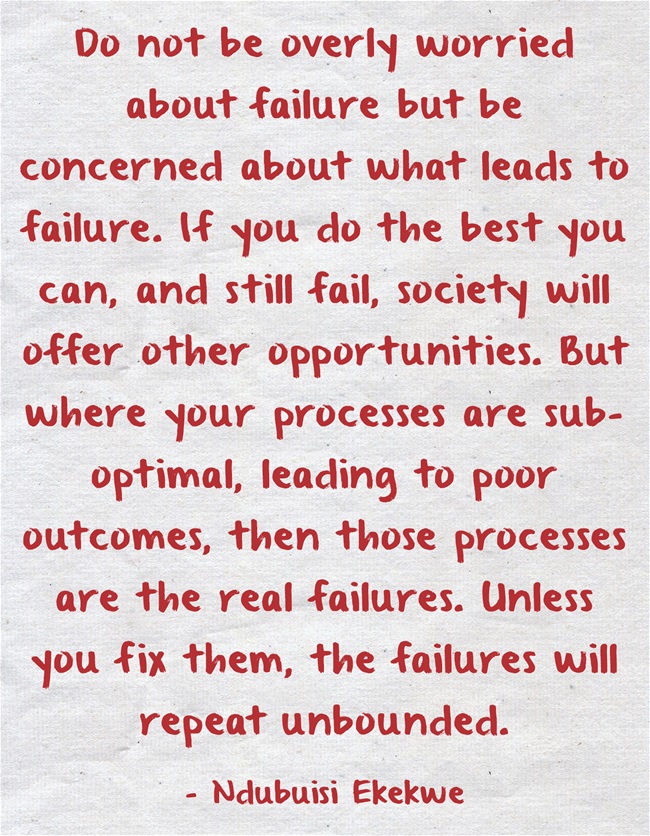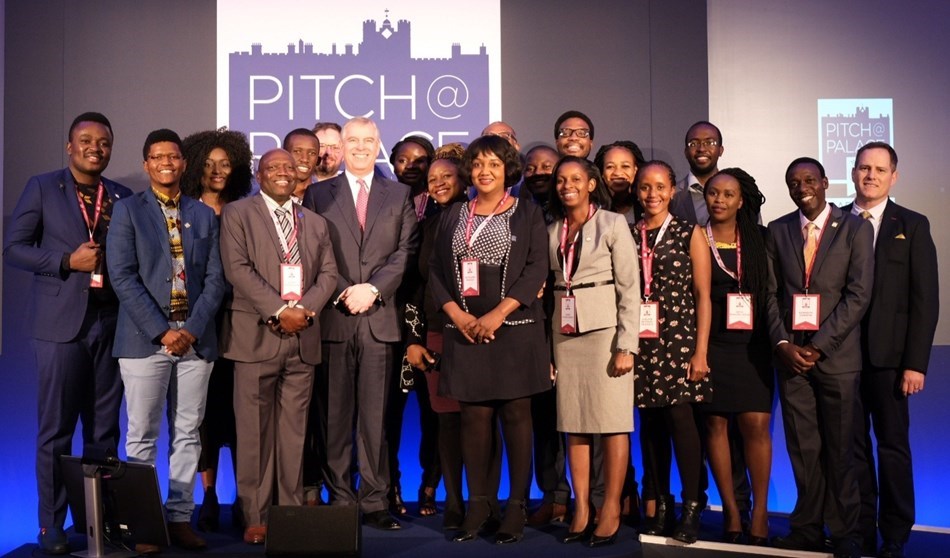Recall this piece by Simon Obasi for Tekedia where he quoted Nigerian ministers thus: ‘Put mildly, “the government is unable to figure out any other way to fund the budget, so be ready to come to their aid”. In other words, expect more taxes!!!’
Simple! I was at the Deloitte Nigeria Economic Outlook event held last Thursday where two ministers (Budget & the Finance Minister) were present. Thanks Deloitte!
One positive takeaway was how much work Nigeria is doing in the ease of doing business. While we are yet to get there, a lot of progress has been made; targets top 100 in Global Ease of Doing Business Index.
But I was so worried listening to the two ministers, especially as it relates to the Budget and how to close the Funding.
Gap. Put mildly, “the government is unable to figure out any other way to fund the budget, so be ready to come to their aid”. In other words, expect more taxes!!!
It turns out that he is right: Nigeria is increasing tax rate and also introducing new taxes. I expect the VAT to move from 5% to 10% by Q2 2019 once budget is finalized. Possibly, we can also hit 18% on VAT, matching Rwanda. Besides the minister of Finance, Budget minister and Chairman of FIRS did confirm this impending increase.
The federal government has concluded plans to increase revenue by introducing new taxes, Minister of Finance, Zainab Ahmed, told lawmakers on Wednesday.
Mrs Ahmed spoke at the public hearing on the 2019 budget organised by the Senate and House of Representatives committees on appropriation.
The minister said the federal government has devised a new revenue initiative to increase revenue to fund the 2019 budget.
She said the initiative is segregated into three thematic areas and appealed for the support of the National Assembly.
Brace Up for the Days Ahead Will be Rocky
#1 You now know why anyone that gets into government doesn’t want to leave? Because it’s very cold out there! Why worry about how much tax you pay when government pays your bills, even goes as far as bankrolling your incompetence; government work is really sweet…
Our economic managers are letting us know that when you are short on revenue, in an economy that is in paralysis, and at the same time bereft of ideas; the only option left for you is to increase taxes!
Apparently, the only thing politicians here know about governance is sharing of oil money, and when it’s not enough – squeeze the few productive people in the land even more, and you are good to go. The way we are going, we are sure to enter into a hole at some point.
When you see them campaigning for votes, you might be mistaken to believe they really have something in the head, but it’s obvious that the heads have always been empty.
This is a direct consequence of N30k minimum wage, if you don’t like it, you can choose to slap yourself; they are done with you since!
#2 Taxes are creations of laws,and laws creation of the legislative arm.Any disagreement we have with any law can be well taken care of at the hearing stage of the law making process,the executive have no absolute powers,we should by now be taking this issue up with our representatives at both lower and upper chambers of the National assembly if really there is any truth on this issue but last week Mr Babatunde Fowler FIRS Executive Chairman denied this,but said what was in the offering was actually the widening of the Tax net rather than increases.
#3 Comparison to other countries do not create enough yardstick,because when you compare the amount of foreign investment in their economies in the last 5 years to Nigeria,you will see reason for their high figure . The tax increment is better where there is enough stimulus for increase in investment and micro economy indicators are high. The economy is stagnant and they are increasing tax for the few investors. I do not think that the Nigerian economy managers with all the written economic policies really know how to get these monies except through tax increment.
Like this:
Like Loading...


![Nigeria-281[1]](https://www.tekedia.com/wp-content/uploads/2018/11/Nigeria-2811.jpg)



